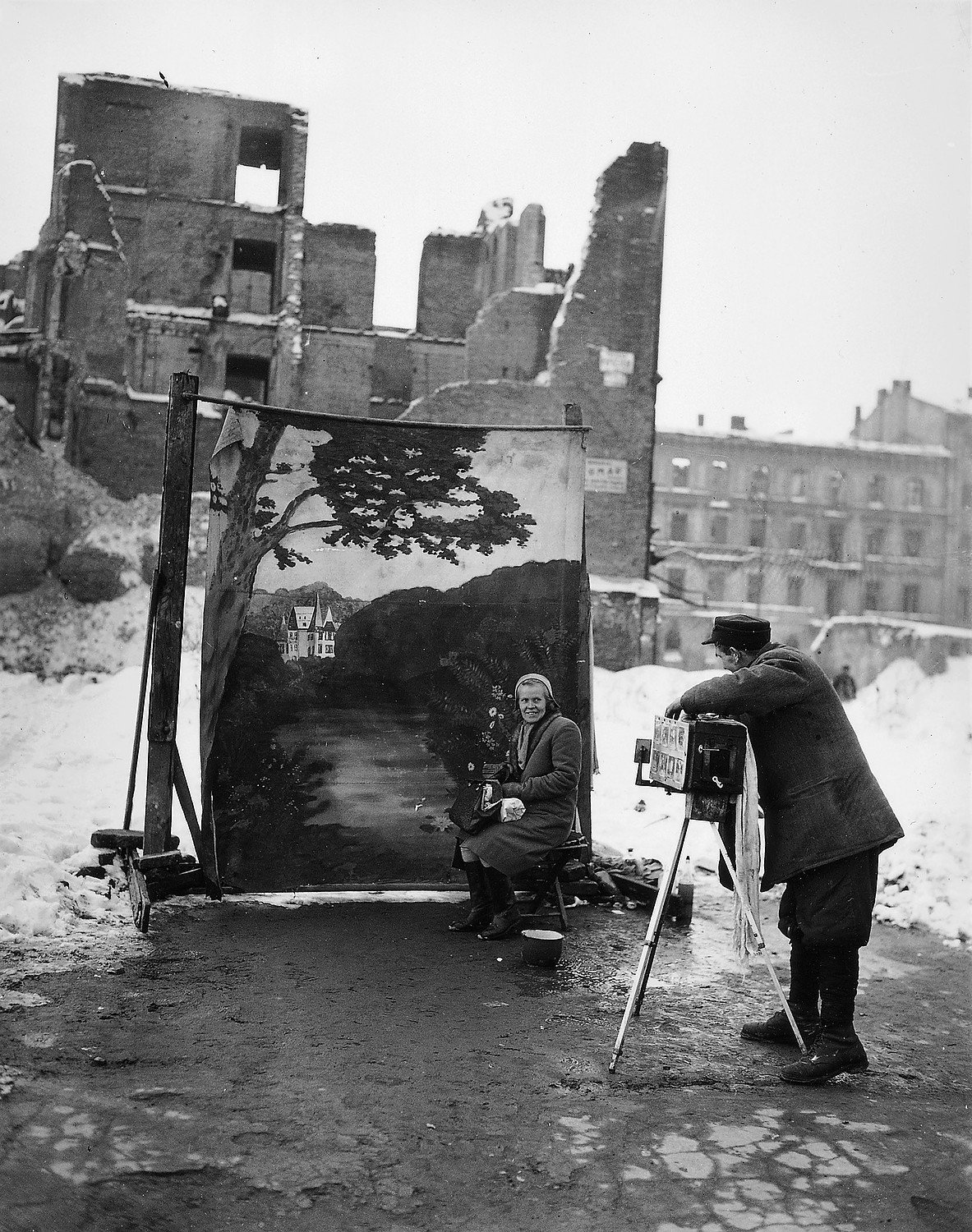Creativity: Having the courage to finish
Michael Nash
“So please kondo your ghost projects and all artifacts associated with them: Give them away, throw them away, just let them go.”
This was the starting premise for a fascinating discussion in The House of Beautiful Business’ annual gathering in October 2020, facilitated by author and editor, Megan Hustad, and inspired by an article she had written.
While discussing whether or not to cull unfinished creative projects, someone spoke about people who never finish their projects because they can’t seem to stop working on them. They keep making drafts, finding new bits of research, showing their project to a vast array of mentors and coaches and test audiences and beta readers and friends, accumulating an equally vast array of constructive criticism to respond to and incorporate into their work. I am sure I have witnessed instances where the numerous and different pieces of feedback started cancelling each other out.
For all this effort the project never seems to get finished.
Have you seen the movie The Wonder Boys? The main character is a writer who is working on a second novel, having already had success with his first. He has been working on this thing for years; when the movie’s storyline takes place, his unfinished draft is the size of a metropolitan phone book. Another character – one of his writing students - reads the draft and reminds him that, in his teaching, he advises his students to make choices. She opines that his draft reads as if he has failed to do this. And his character is, indeed, a man who cannot make choices – his personal life is a mess because of this, and apparently his writing is too. He seems to be paralysed by the trappings of success – a best seller under his belt and a teaching job at a respectable university – and as a result is unable to take risks, whether that be to expose himself to the love of a human or the scrutiny of readers.
I wonder if something similar happens to people who can’t finish their projects. Are they are paralysed by the creative options open to them, scared of what will happen if they choose the wrong one, or anxious about rejection?
This hasn’t ever happened to me, not because I am gifted with preternatural boldness or discipline, or such astounding levels of ability or talent that I don’t have to worry about adverse reactions. My early life as a performer took care of procrastination: as an independent performer and choreographer I would set a date for a performance (sometimes as part of a curated event or sometimes my own production) and then work towards it. I would have weeks or months to get ready but, come hell or high water and in sickness and in health, I would have to go on stage at that date. If my work was too raw or unready or unlovable, then tough.
I learnt something from all of that: your work is never ready. There is always something else to learn, to master, to refine… Just before writing this, I was listening to one of Paul Holdengraber’s wonderful interviews where his subject - the inimitable Henry Rollins - says about musicians who think they have mastered their craft “When you think you can take a dragon for a walk, leave.”
Another incredibly wise quotation I treasure is from Anne Patchett:
“Forgiveness, therefore, is key. I can’t write the book I want to write, but I can and will write the book I am capable of writing.”
Do the best work you can, forgive yourself for not doing what you wanted to do, remind yourself that no one can walk a dragon, and show your work. Your audience may criticise – fairly or not (and there are always know-it-alls to contend with) – but there will be many who appreciate what you’ve done. Or even what you’ve attempted. I also learnt in my performance days that audiences are sometimes happy to forgive some rough or raw material in order to support an interesting experiment or an honest effort. Give your audience the power to surprise you with their delight in, and engagement with, your work.
How do you know when to sign off on a project? Not when it’s perfect but when you have stopped learning from it, when you need to move onto the challenge of building a new piece of work to lift you to a whole new level of endeavour.
Thank you for reading this blog. It has been refined and included in an eZine with some other articles about creative life, so if you liked it then you’ll love Experiri, on sale here.
